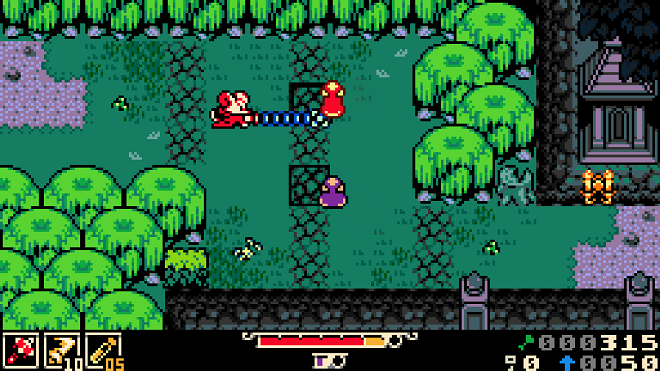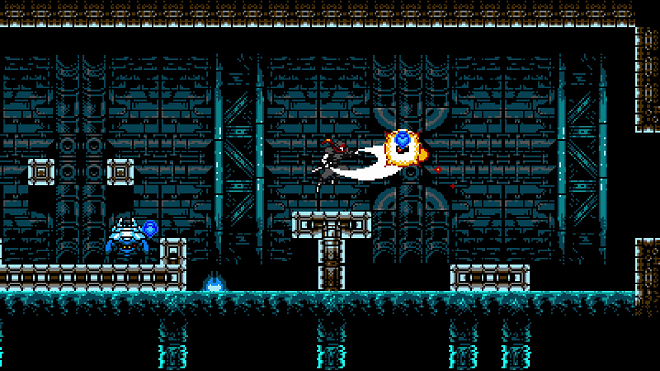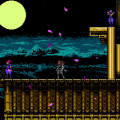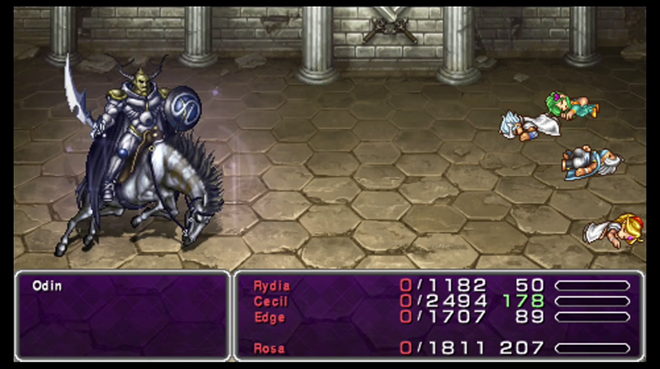Cognition Dissemination: Mina the Hollower Had to Be Crowdfunded

It’s been about a month since Yacht Club Games announced Mina the Hollower, their next big internally-developed project following Shovel Knight. It’s an isometric action-adventure game that combines the gameplay styles of the 2D Legend of Zelda series and certain mechanics and the setting from the Castlevania games, draped in a Game Boy Color-style 8-bit aesthetic. It’s poised to stand out even among the pile of NES-inspired titles revealed and released over the last decade. The reveal was accompanied by the launch of a crowdfunding campaign on Kickstarter, in which the developers asked for $311,503 to complete the project.
It took little time for the campaign to raise the funds necessary to complete the project. But like many crowdfunding campaigns before it (including Shovel Knight’s), it made a good deal more than what they asked for thanks to goodwill from their prior project, good promotion throughout the campaign, and the stretch goals. It raised $1,239,584 by its end, around four times what the team asked for, making it one of the most successful campaigns of its kind in a good while. The success worth a squeal.
Several stretch goals were reached along the way, among them for a Sound Test, cheat codes, New Game+, Mac and Linux ports, three starter weapons, and a fishing minigame. It didn’t quite reach the goals for five starter weapons and an additional level, but perhaps the latter among them could arrive as paid DLC down the line if Yacht Club can afford it.

The stretch goal content is notable in how they’re nowhere near as ambitious as Shovel Knight’s — for good reason. Yacht Club promised too much with those for Shovel Knight, which led to the team working on its follow-up content for more than half a decade after the original game released. It’s unlikely that they wanted to repeat the process, which is why the content they promised consists of comparatively minor extra features. This would have remained the case even if they reached the goal for the extra level. Chances are the game itself will be robust enough.
The updates provided during the campaign largely elaborated on the game’s features, but one notable announcement was made: Yuzo Koshiro will provide two tracks. Most tracks will be provided by Jake Kaufman, meaning Koshiro’s role will be analogous to Manami Matsumae’s for Shovel Knight.
Yacht Club also provided a post outlining the sales and costs to recent games they’ve published. Shovel Knight Pocket Dungeon, a collaborative effort between Vine and five members of Yacht Club, required a three-year development period and a $1,440,000 budget split between the two development studios. The game has sold a mere 35,000 copies since its release in December, a small fraction compared to what the main Shovel Knight title sold in its first month (180,000). The game was bound to sell less thanks to a puzzle adventure game not having as much immediate appeal as a straighter 8-bit platformer, but while the sales were enough to pay for Vine’s development commitments, they’ve yet to cover their internal costs.

Cyber Shadow’s sales are similarly revealing, a game that designer Aarne worked on by himself for seven years until working on it for another three years under Yacht Club. Despite a throwback ninja platformer having plenty of appeal ostensibly, the game has sold a mere 85,000 copies since its release one year ago. What helped the game, along with Aarne and Yacht Club’s profits, was its availability on Game Pass, as around 300,000 subscribers downloaded it. It’s another reminder of how Game Pass games aren’t freebies from the developers. It’s tough to determine whether the game would have turned a profit without the service.
This was a surprisingly candid post from Yacht Club Games about its sales and individual profits outside continued sales for Shovel Knight (which the development team is hoping will reach the three million sales mark this year). It also shows why using Kickstarter for safety was necessary for Mina the Hollower. I read no shortage of comments from people wondering why a developer that’s made so much on Shovel Knight over the years needed to pursue crowdfunding for their next big game. Individual software sales for the previously-listed titles are why; there is no guarantee that Mina would be as successful as Shovel Knight out of the gate. It might have been better for them if that post was made available before the Mina campaign launched on Kickstarter, but it’s not like it needed further help to succeed.
It will take time before Mina the Hollower is ready for release. The game’s arrival is scheduled for December 2023, but like nearly all crowdfunded games that aren’t raising money for distribution purposes, don’t be surprised if it slips into 2024. Regardless of what happens, it’s clear that Yacht Club Games is a hard-working small outfit, and it would be good for them and everyone who enjoys their games if Mina and other projects like Shovel Knight Dig are great successes for them.





